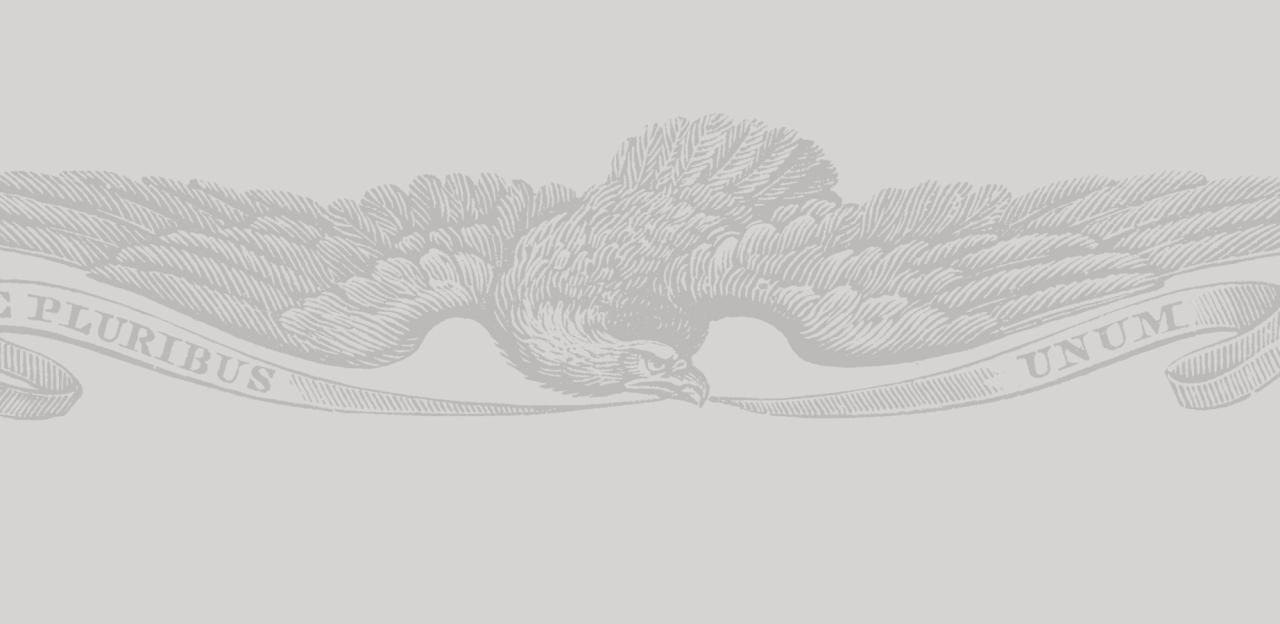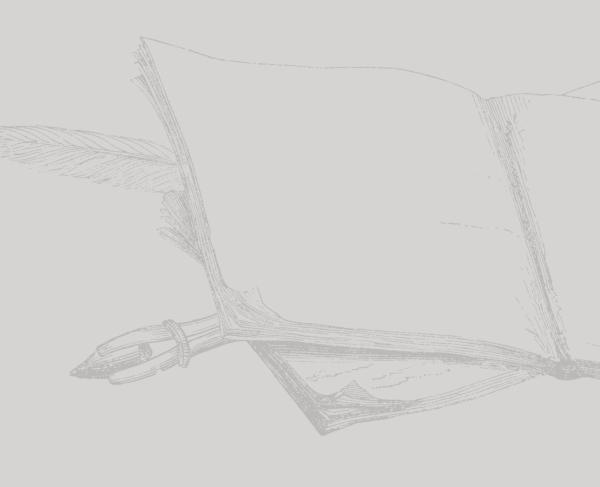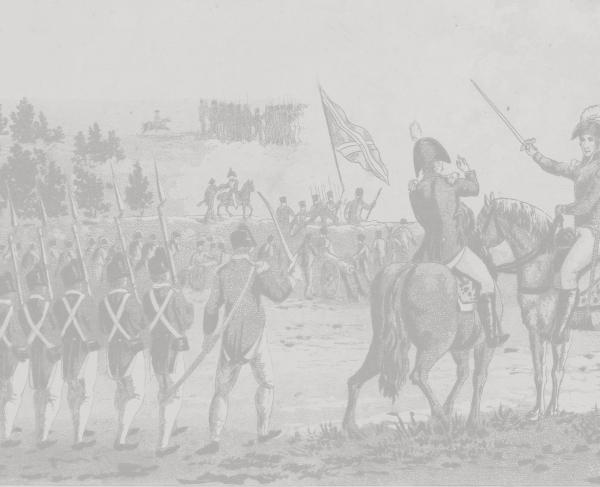"What to the Slave Is the Fourth of July?" Frederick Douglass's Reflections in 1852

Frederick Douglass escaped slavery and became a leading abolitionist in the Antebellum era. One of his most famous speeches was made to the Rochester Ladies' Anti-Slavery Society for Independence Day (Fourth of July) in 1852.
Here, Douglass criticized the divide between the Founding ideas of liberty and the institution of slavery. Still, he found hope and encouraged his listeners to see the U.S. Constitution as a document that could offer and provide "glorious liberty."
The following are excerpts from the full address:
The fact is, ladies and gentlemen, the distance between this platform and the slave plantation, from which I escaped, is considerable—and the difficulties to be overcome in getting from the latter to the former, are by no means slight. That I am here to---day is, to me, a matter of astonishment as well as of gratitude. You will not, therefore, be surprised, if in what I have to say, I evince no elaborate preparation, nor grace my speech with any high sounding exordium. With little experience and with less learning, I have been able to throw my thoughts hastily and imperfectly together; and trusting to your patient and generous indulgence, I will proceed to lay them before you. This, for the purpose of this celebration, is the 4th of July. It is the birthday of your National Independence, and of your political freedom . . . There is consolation in the thought, that America is young. —Great streams are not easily turned from channels, worn deep in the course of ages. They may sometimes rise in quiet and stately majesty, and inundate the land, refreshing and fertilizing the earth with their mysterious properties. They may also rise in wrath and fury, and bear away, on their angry waves, the accumulated wealth of years of toil and hardship. They, however, gradually flow back to the same old channel, and flow on as serenely as ever. But, while the river may not be turned aside, it may dry up, and leave nothing behind but the withered branch, and the unsightly rock, to howl in the abyss---sweeping wind, the sad tale of departed glory. As with rivers so with nations. . . .
The simple story of it is, that, 76 years ago, the people of this country were British subjects . . . You were under the British Crown . . . But, your fathers . . . They went so far in their excitement as to pronounce the measures of government unjust, unreasonable, and oppressive, and altogether such as ought not to be quietly submitted to . . . To say now that America was right, and England wrong, is exceedingly easy . . . but there was a time when to pronounce against England, and in favor of the cause of the colonies, tried men’s souls . . . On the 2d of July, 1776, the old Continental Congress, to the dismay of the lovers of ease, and the worshippers of property . . . in the form of a resolution . . . it may refresh your minds and help my story if I read it. “Resolved, That these united colonies are, and of right, ought to be free and Independent States; that they are absolved from all allegiance to the British Crown; and that all political connection between them and the State of Great Britain is, and ought to be, dissolved.” Citizens, your fathers made good that resolution. They succeeded; and to---day you reap the fruits of their success. The freedom gained is yours; and you, therefore, may properly celebrate this anniversary. The 4th of July is the first great fact in your nation’s history—the very ring---bolt in the chain of your yet undeveloped destiny . . .
What, to the American slave, is your 4th of July? I answer: a day that reveals to him, more than all other days in the year, the gross injustice and cruelty to which he is the constant victim. To him, your celebration is a sham; your boasted liberty, an unholy license; your national greatness, swelling vanity; your sounds of rejoicing are empty and heartless; your denunciations of tyrants, brass fronted impudence; your shouts of liberty and equality, hollow mockery; your prayers and hymns, your sermons and thanksgivings, with all your religious parade, and solemnity, are, to him, mere bombast, fraud, deception, impiety, and hypocrisy—a thin veil to cover up crimes which would disgrace a nation of savages. There is not a nation on the earth guilty of practices, more shocking and bloody, than are the people of these United States, at this very hour. Go where you may, search where you will, roam through all the monarchies and despotisms of the old world, travel through South America, search out every abuse, and when you have found the last, lay your facts by the side of the every day practices of this nation, and you will say with me, that, for revolting barbarity and shameless hypocrisy, America reigns without a rival . . .
Behold the practical operation of this internal slave---trade, the American slave---trade, sustained by American politics and American religion . . . Fellow---citizens, this murderous traffic is, to---day, in active operation in this boasted republic . . . I see the bleeding footsteps . . . on the way to the slave---markets, where the victims are to be sold like horses, sheep, and swine . . . My soul sickens at the sight . . . But a still more inhuman, disgraceful, and scandalous state of things remains to be presented. By an act of the American Congress . . . slavery has been nationalized in its most horrible and revolting form . . . The Fugitive Slave Law makes MERCY TO THEM, A CRIME; and bribes the judge who tries them. An American JUDGE GETS TEN DOLLARS FOR EVERY VICTIM HE CONSIGNS to slavery, and five, when he fails to do so . . . Let this damning fact be perpetually told . . . that, in tyrant---killing, king---hating, people---loving, democratic, Christian America, the seats of justice are filled with judges, who hold their offices under an open and palpable bribe . . . I take this law to be one of the grossest infringements of Christian Liberty, and, if the churches and ministers of our country were not stupidly blind, or most wickedly indifferent, they, too, would so regard it . . . they are utterly silent in respect to a law which robs religion of its chief significance, and makes it utterly worthless to a world lying in wickedness. . . Allow me to say, in conclusion . . . I do not despair of this country. There are forces in operation, which must inevitably, work the downfall of slavery. “The arm of the Lord is not shortened,” and the doom of slavery is certain. I, therefore, leave off where I began, with hope.

